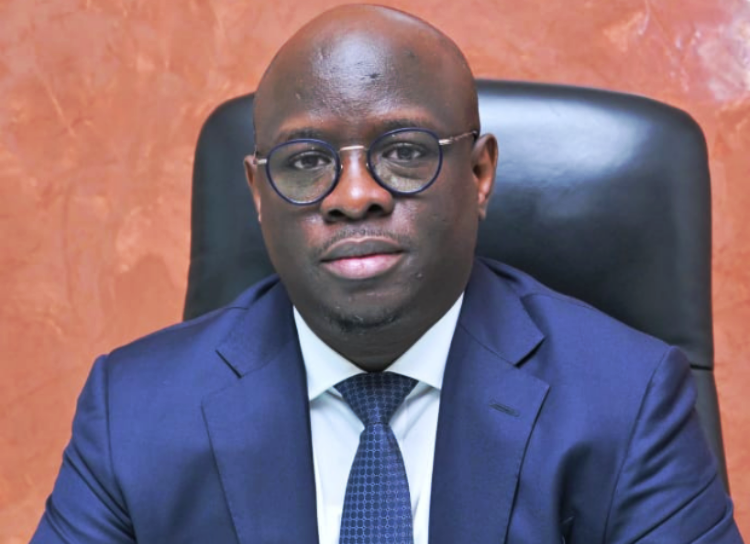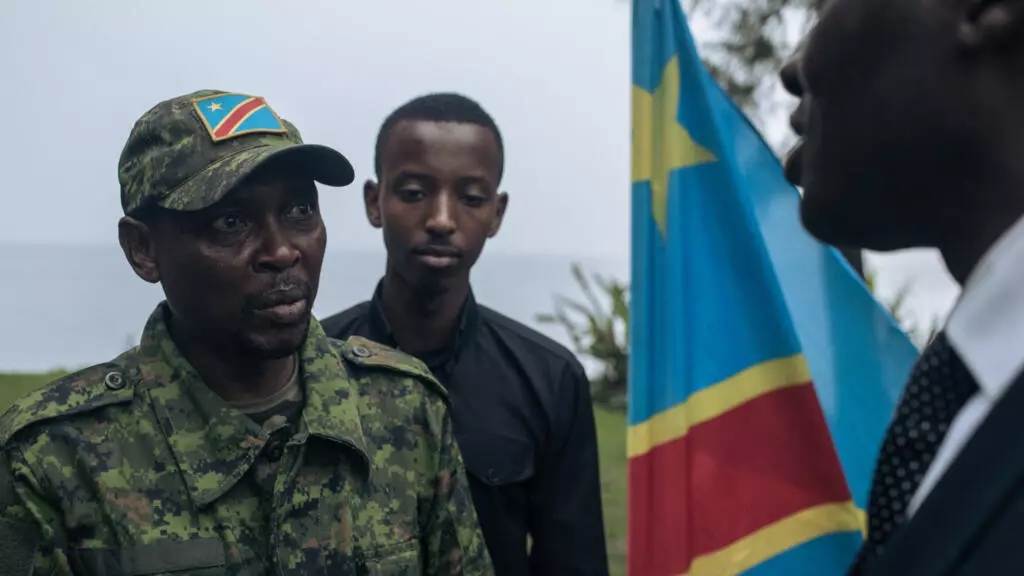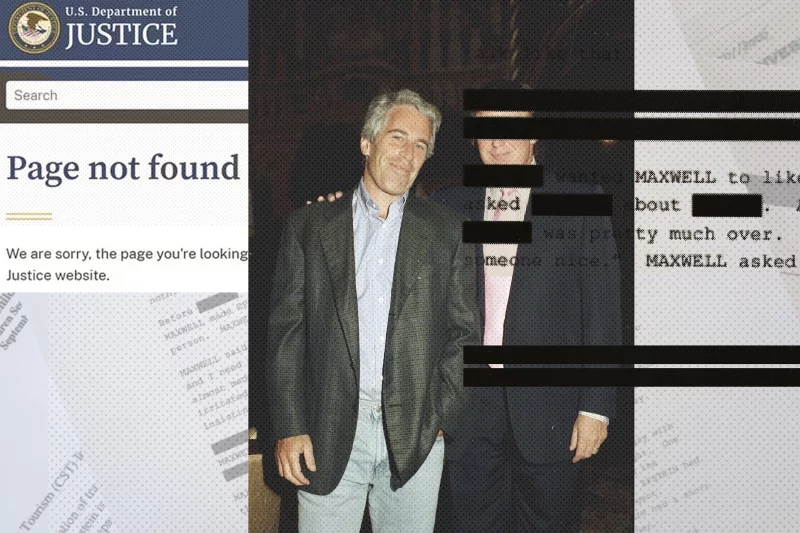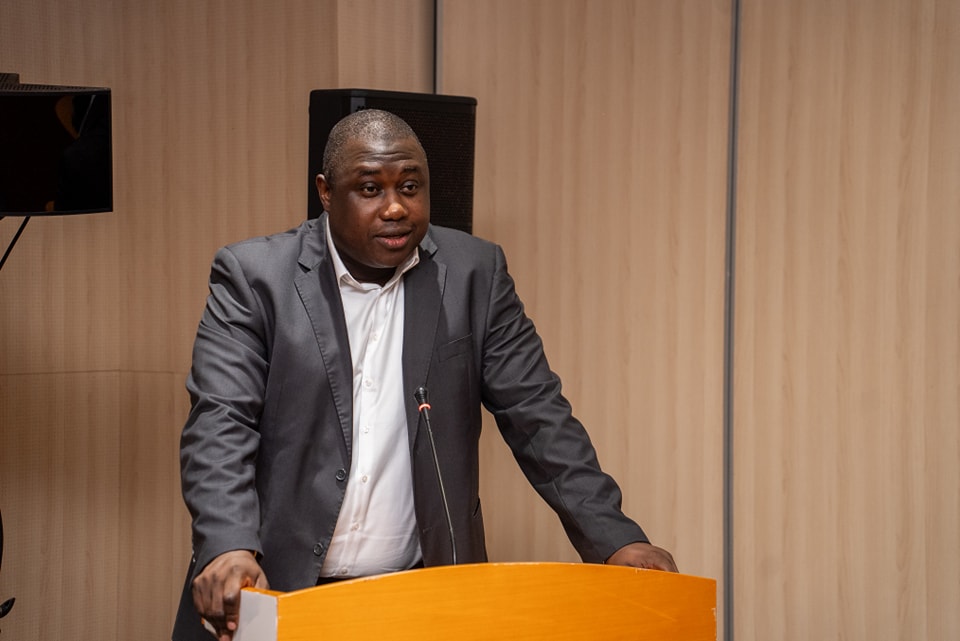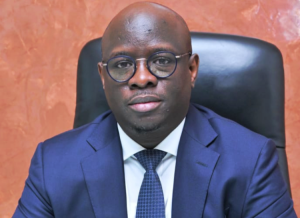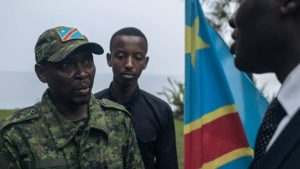Gambiaj.com – (BANJUL) – The National Assembly’s extraordinary session dedicated to the Special Prosecutor Bill began Monday and saw contrasting reactions from members of parliament, highlighting deep-seated concerns over justice for the crimes committed under Yahya Jammeh’s regime and inclusivity in The Gambia.
The Special Prosecutor’s Office Bill, 2024, establishes an independent, autonomous body and authority to investigate, prosecute, and adjudicate cases of human rights violations, international crimes, and domestic crimes. It protects witnesses, victims, and whistleblowers, promotes accountability, and enforces The Gambia’s obligations under national and international law.
In his mission, the Special Prosecutor will rely on the Special Accountability Mechanism, comprising the Special Prosecutor’s Office, Special Tribunal, and Special Criminal Division, established to investigate and prosecute human rights violations and crimes related to the Truth, Reconciliation, and Reparations Commission report.
Almamy Gibba, Member of Parliament for Foni Kansala, voiced apprehension over two bills presented by the Minister of Justice, labeling them as discriminatory and targeting specific individuals. Gibba criticized the bills’ focus, particularly underscoring the need for justice for victims of atrocities spanning beyond the regime’s period from 1994 to 2017.
He stressed the importance of a comprehensive approach to justice, advocating for the inclusion of incidents of mass killings and brutalities that occurred before 1994. Gibba argued that justice should not be limited by time frames but should address all past injustices.
Gibba also expressed concerns regarding the appointment process outlined in the bills, fearing potential biases and discriminatory practices. He referenced a past incident involving a member of the Truth, Reconciliation, and Reparations Commission (TRRC), suggesting that similar issues could arise with the proposed appointments under the new bills.
Moreover, Gibba questioned the involvement of ECOWAS (Economic Community of West African States) in the bills, citing a joint communiqué from various international bodies, including ECOWAS, the AU (African Union), and the UN (United Nations), which called for unity and cooperation in The Gambia. He cautioned against actions that could undermine the spirit of unity and cooperation among African nations.
In contrast, Kebba Toumani Sanneh, the Member of Parliament for Foni Jarrol, expressed support for the bill but raised concerns about the TRRC’s role in its implementation. Sanneh questioned the definition of “serious crimes” within the TRRC’s scope, particularly regarding sponsoring a coup d’état and military actions against a legitimate government.
He criticized the TRRC for what he perceived as selective justice, claiming that certain individuals involved in serious crimes had not been addressed by the commission. Sanneh also criticized the TRRC’s treatment of witnesses, alleging bias in favor of those speaking against specific individuals.
While Sanneh did not reject the bill itself, he opposed using the TRRC’s work to implement the new office, arguing that it could lead to injustice and endanger the country’s peace.
The Special Prosecutor Bill is about specific time frame crimes, according to Minister of Justice Dawda Jallow, who addressed the concerns raised by the deputies. He added that it is a serious crime to support a coup d’état. However, he clarified that any worries expressed by lawmakers should not be used as a justification for encouraging lawlessness in the name of peacemaking.
The divergent views expressed in the National Assembly reflect the complexity of justice and inclusivity in The Gambia, highlighting the need for thorough deliberation and consideration of all perspectives in the legislative process.



